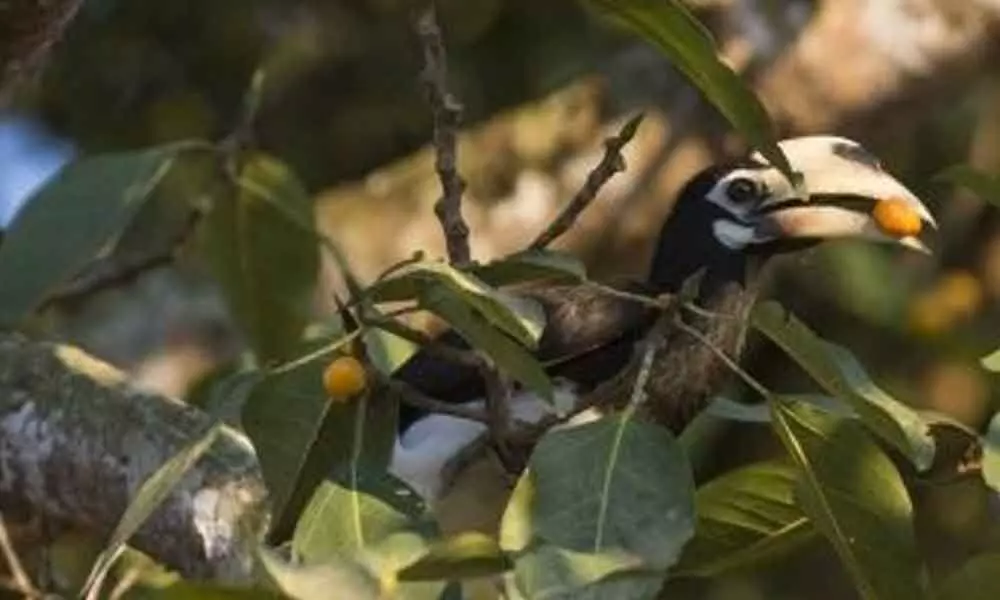Concerns over shrinking seed dispersals by birds

Representational image
Scientists tell us that as much as up to 90 per cent of plants in the tropical forests could be dependent on birds and animals for the dispersal of their seeds.
New Delhi: Scientists tell us that as much as up to 90 per cent of plants in the tropical forests could be dependent on birds and animals for the dispersal of their seeds.
While the birds benefit from the nutrition they get from the fruit pulp, plants benefit, as birds carry their seeds away from the mother plant before dispersing them. Such mutually benefiting actions – called the ecological interactions – between plants and frugivorous birds facilitate the regeneration of plants, maintain biodiversity, and ensure good health of the forests.
These are the forests that harbour a rich diversity of mammals such as the Asian elephant, Western hoolock gibbon (the only non-human ape species in India), Capped langur, Clouded leopard, Indian giant squirrel, and Malayan sun bear, to name a few.
And unfortunately, these tropical lowland forests in northeast India experience among the highest rates of forest loss and habitat fragmentation in the world. A recent study published in the journal Biotropica has now revealed how India's last remaining rainforest fragments harbour crucial ecological interactions and is of high conservation value.
"The scale at which forests are shrinking, it is crucial to find out how ecological interactions like the ones between plants and seed-dispersing birds are altered because of fragmentation. Our study looked at the differences in the plant and frugivorous bird communities between forest fragments and contiguous forest and found that fragments harbour diverse sets of interactions, said Abir Jain, the lead author of the study.
Titled 'A comparison of plant-seed disperser communities between fragments and contiguous forest in northeast India', the study was carried out by a team of scientists from the Wildlife Institute of India (WII), Dehradun, and the Nature Conservation Foundation (NCF), Bengaluru.








